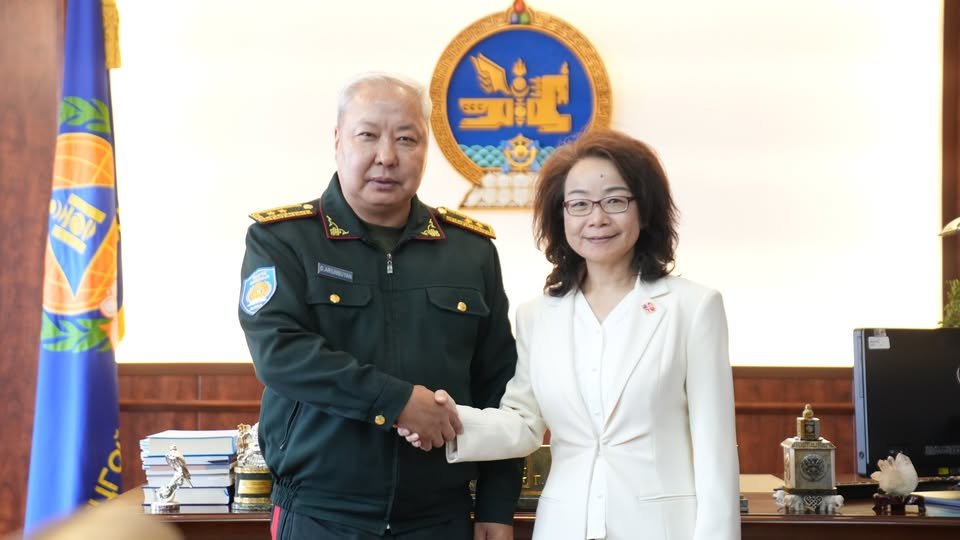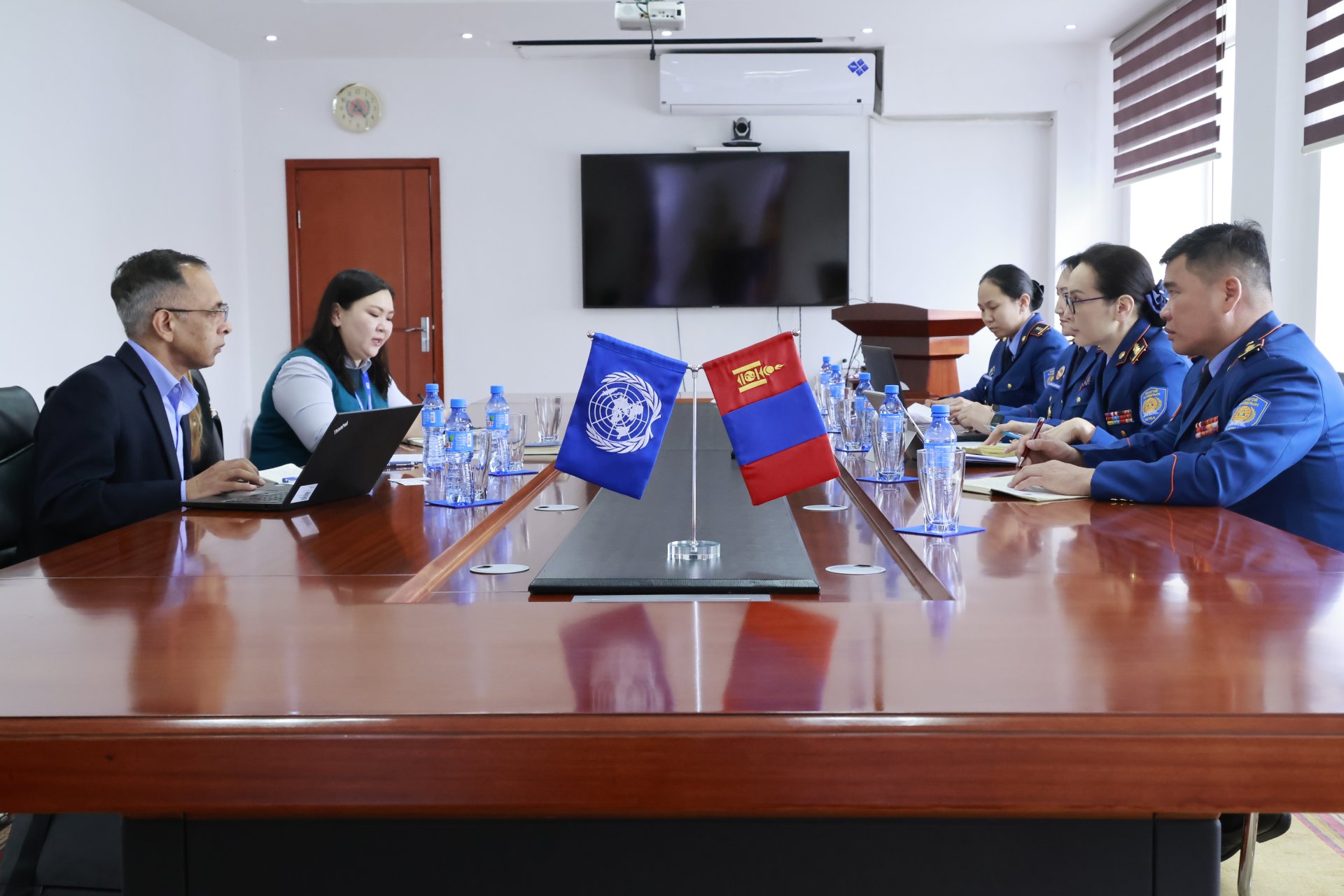As part of the project, 18 wash facilities with sanitation systems will be constructed in flood-prone areas
With the funding of 1.8 million US dollars from the Government of Japan, the United Nations Children's Fund officially launched the project on “Improving sanitation and hygiene in flood vulnerable communities for improving public health situation” at nine districts was officially launched in Ulaanbaatar, Mongolia, 2nd April 2024. Deputy Prime Minister of Mongolia, Head of State Emergency Commission S. Amarsaikhan, Chief of NEMA, Major General G. Ariunbuyan, Ambassador Extraordinary and Plenipotentiary of Japan to Mongolia, Mr. Masaru Igawahara, UN Resident Coordinator Mr. Tapan Mishra, UNICEF representative Mr. Evariste Kouassi Komlan and other high-level government officials attended.
S. Amarsaikhan, Deputy Prime Minister of Mongolia and Head of the State Emergency Commission emphasized, "We have overcome the iron or glass dzud this winter, which has not happened in the last 40 years, now we need to prevent spring floods, improve urban planning, repair and upgrade flood dams and protective structures.
However, the issues to preventing environmental and soil pollution caused by snowmelt floods, protecting drinking water sources, and preventing public health risks is still pressing. It should be emphasized that the implementation of the project is important. We are fully confident that the quality of Japanese science and disaster risk, knowledge and information confirmed by actual results, the rich experience and efforts of the United Nations Children's Fund in this field will improve the drinking water, sanitation and hygiene standards of Ulaanbaatar city and become an example for other provinces and cities".
With the implementation of the project, people living in flood-prone areas of the capital city, especially children, women, the elderly, and people with disabilities, will have a source of clean and hygienic drinking water.
In addition, within the framework of increasing the capacity of technical equipment and tools of the disaster protection services, high-tech flood drainage pumps were supplied to NEMA, and water supply, sanitation, and hygiene facilities were built in 18 flood-prone areas.
Part of the project will be train 1000 personnels of the emergency services.
Copy all texts of this article
Download all images of this article
Other news

2024/04/04
Recent NewsExchange of views on bilateral cooperation
Ambassador Shen Minjuan emphasized her commitment to prioritizing and further enhancing cooperation between the two countries in the field of disaster prevention and protection.

2024/04/04
Recent NewsKey topics included setting a date for the event and finalizing the detailed organizational plan
Ulaanbaatar, May 15, 2025 – Colonel Ts. Uranchimeg, Deputy Chief of the National Emergency Management Agency (NEMA) of Mongolia, held a meeting today with Ms. Matilda Dimovska, Resident Representative of the United Nations Development Programme (UNDP) in Mongolia.

2024/04/04
Recent NewsKey topics included setting a date for the event and finalizing the detailed organizational plan
Ulaanbaatar, May 15, 2025 – Colonel Ts. Uranchimeg, Deputy Chief of the National Emergency Management Agency (NEMA) of Mongolia, held a meeting today with Ms. Matilda Dimovska, Resident Representative of the United Nations Development Programme (UNDP) in Mongolia.







